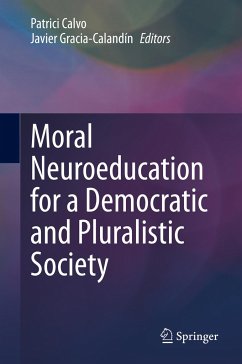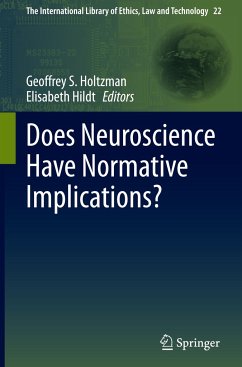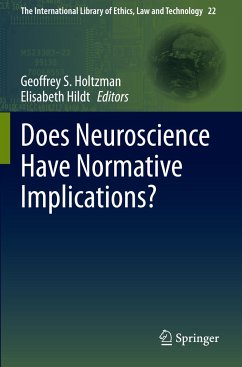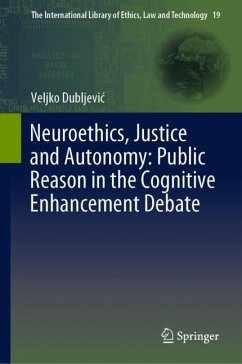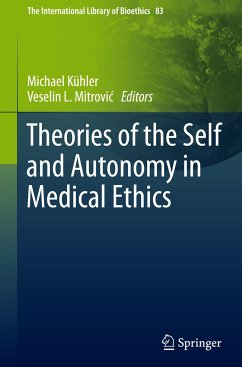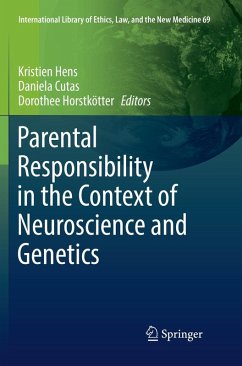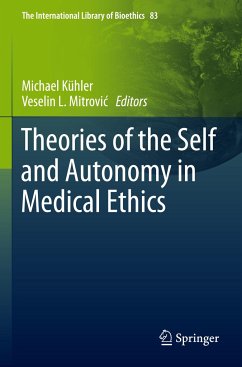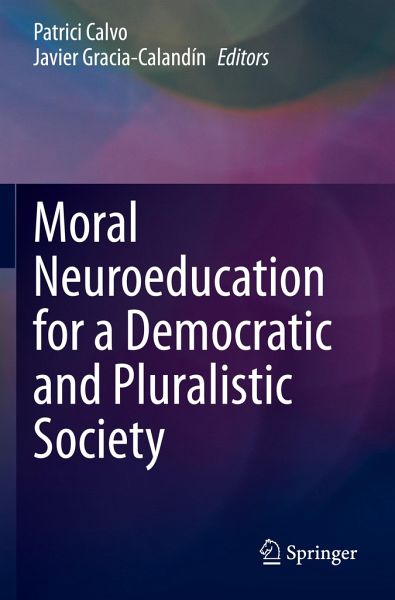
Moral Neuroeducation for a Democratic and Pluralistic Society
Versandkostenfrei!
Versandfertig in 6-10 Tagen
76,99 €
inkl. MwSt.

PAYBACK Punkte
38 °P sammeln!
This book brings together a group of top scholars on ethics and moral neuroeducation to cover the specific field of moral learning. Although there are many studies on neural bases of human learning and the application processes in different fields of human activity, such as education, economics or politics, very few of them have delved into the specific field of moral learning. This book brings forward a discursive and cordial ethical concept suitable for the theoretical-practical development of moral neuroeducation, as well as a set of guidelines for the design of an educational model that, b...
This book brings together a group of top scholars on ethics and moral neuroeducation to cover the specific field of moral learning. Although there are many studies on neural bases of human learning and the application processes in different fields of human activity, such as education, economics or politics, very few of them have delved into the specific field of moral learning. This book brings forward a discursive and cordial ethical concept suitable for the theoretical-practical development of moral neuroeducation, as well as a set of guidelines for the design of an educational model that, based on moral neuroeducation, contributes to the resolution of social problems and the eradication of undesirable patterns and behaviors such as hate speech, corruption, intolerance, nepotism, aporophobia or xenophobia. Furthermore it contains a management approach for the application of this educational model to the different areas of activity involved in social and human development. Amust read for students, educators and researchers in the field of moral philosophy, (applied) ethics ethics and any other discipline working with reciprocity (economics, politics, health, etc.).





